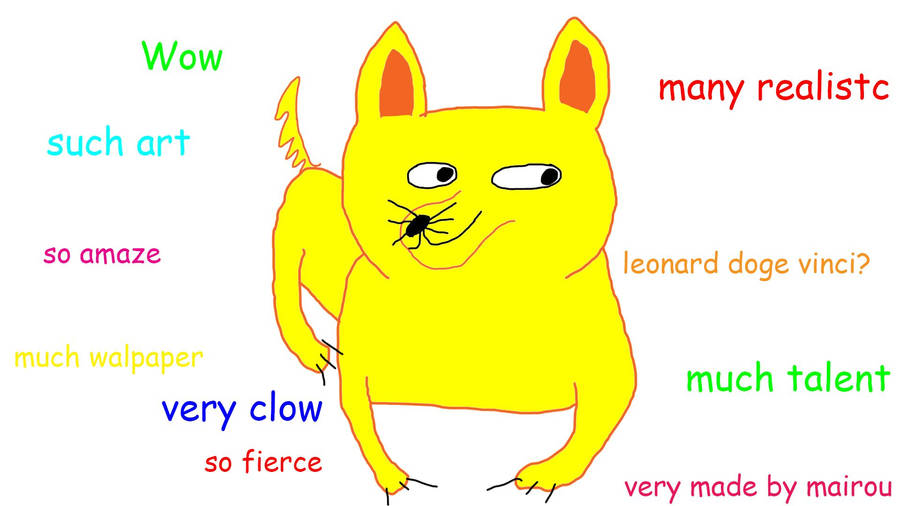I feel the OP is short on a key component in doing criticism: considering the goals of the work, and whether the design works for or against those goals. Absent this sort of examination, you can't really say whether a specific design decision works or doesn't work for the
game; you can only say whether it works for
you.
What did the developers want to to do with BotW? What kind of responses did they want to evoke in the player? Are those different from what the OP is trying to accomplish in his own work? Are they different even from other Zelda games? If so, then using those titles as a point of comparison simply isn't going to be useful.
(And no, "fun" doesn't count as a goal in and of itself -- "fun" is inherently bound up in personal preference.)
Looking at some of the things that
Aonuma said during pre-release interviews, I think among the major goals of BotW were a sense of connection to the world and the world as a character:
”Even the subtitle itself is different from previous Zelda titles," Aonuma said. In past games of the series, he explained, Nintendo would use item names like Skyward Sword or character names Twilight Princess as the subtitle for a new game...”Really the world is the main character," Aonuma added.[/URL]
”It's a sense of discovery and as we're developing this, I thought to myself, "Maybe this is what it means to create a big world, to find out that getting lost is OK."
I think it's far more productive to discuss the world design in terms of these stated goals, rather than in terms of how much downtime a player will tolerate, or whether it's close enough to being LttP but in 3D, or even what the asset pipeline was on the project.
Editing to add:
as a designer, I'm always trying to dissect things and try to get to an objective truth
I think this is the nut of my disagreement with you. There is no "objective truth" in design, there are intended effects on the user or audience and approaches to creating those effects. There are values of different sorts that designers can choose to emphasize or not, usually in service to the goals of a project.
Your statement is like a lamp designer whose life's work is to create the most energy efficient, brightest lamp possible, decrying the customer who prefers soft lighting for a romantic dinner. Clearly the goal of a lamp is to provide light, so why would anyone opt for anything but the brightest lamp available?
"Fun" is not an engineering problem.

